The use of pen names or pseudonyms is a time-honoured tradition in writing; many famous authors, including J.K. Rowling, Dr Seuss and Stephen King from last week’s blog post, have used one. Sometimes pseudonyms are used to obscure gender (such as for J.K. Rowling); sometimes it allows established writers to experiment with different genres; sometimes they are used simply to maintain privacy. Here are some celebrated literary pseudonyms, past and present:
The Neapolitan Novels by Elena Ferrante
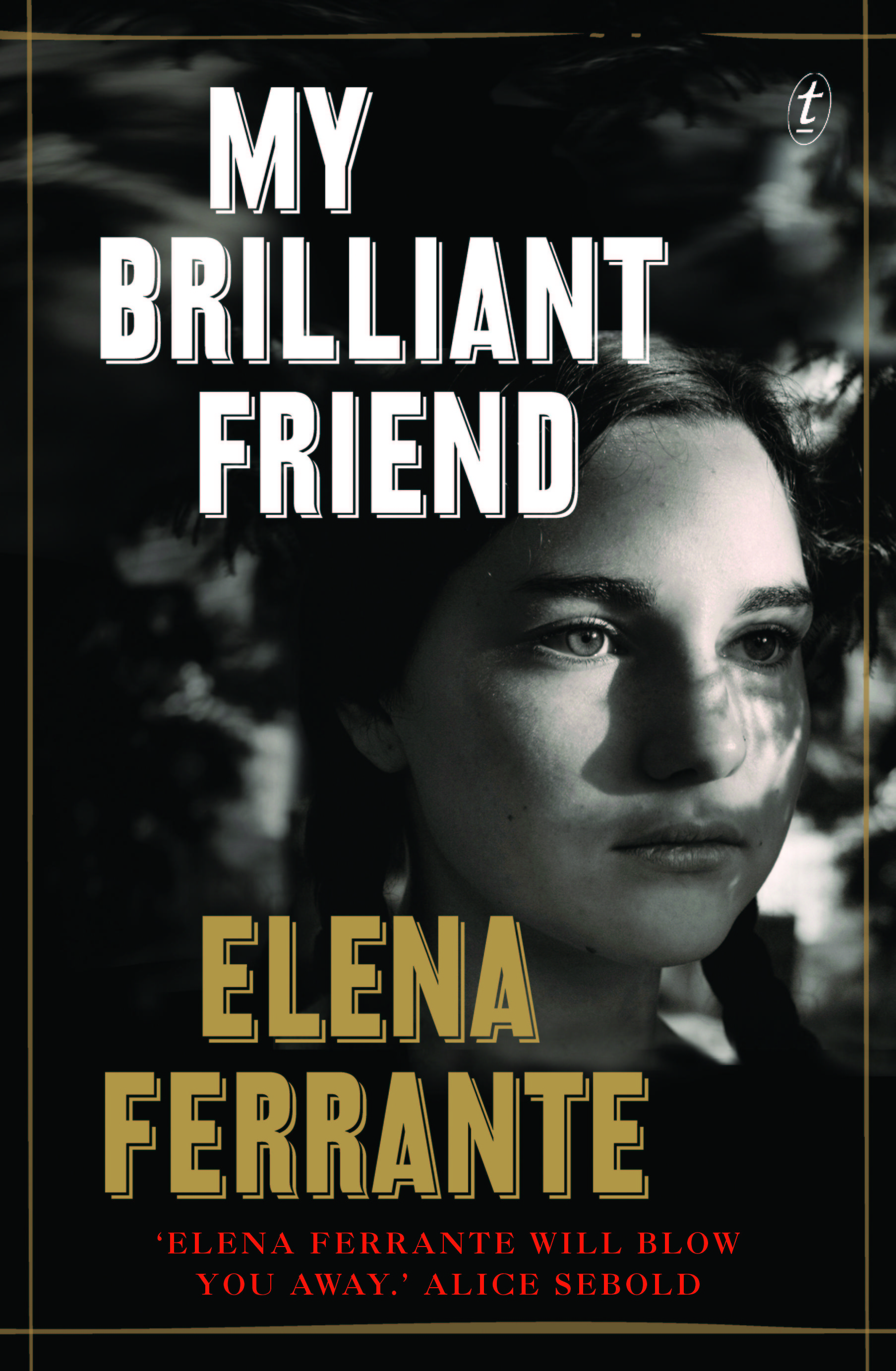 Book one: My Brilliant Friend
Book one: My Brilliant Friend
The true identity of Elena Ferrante, author of the Neapolitan Novels (My Brilliant Friend, The Story of a New Name, Those Who Leave and Those Who Stay, and The Story of the Lost Child), is the biggest literary mystery around. We know that she really is female and Italian, but Elena Ferrante is a pseudonym and she has never made a public appearance. The mystery adds enigmatic glamour to this saga about the intense friendship and rivalry between Elena and Lila, which spans 60 years through much personal and social turmoil. The Neapolitan Novels have been widely praised for their complex and visceral depiction of female friendship and experiences.
A Series of Unfortunate Events by Lemony Snicket (aka Daniel Handler)
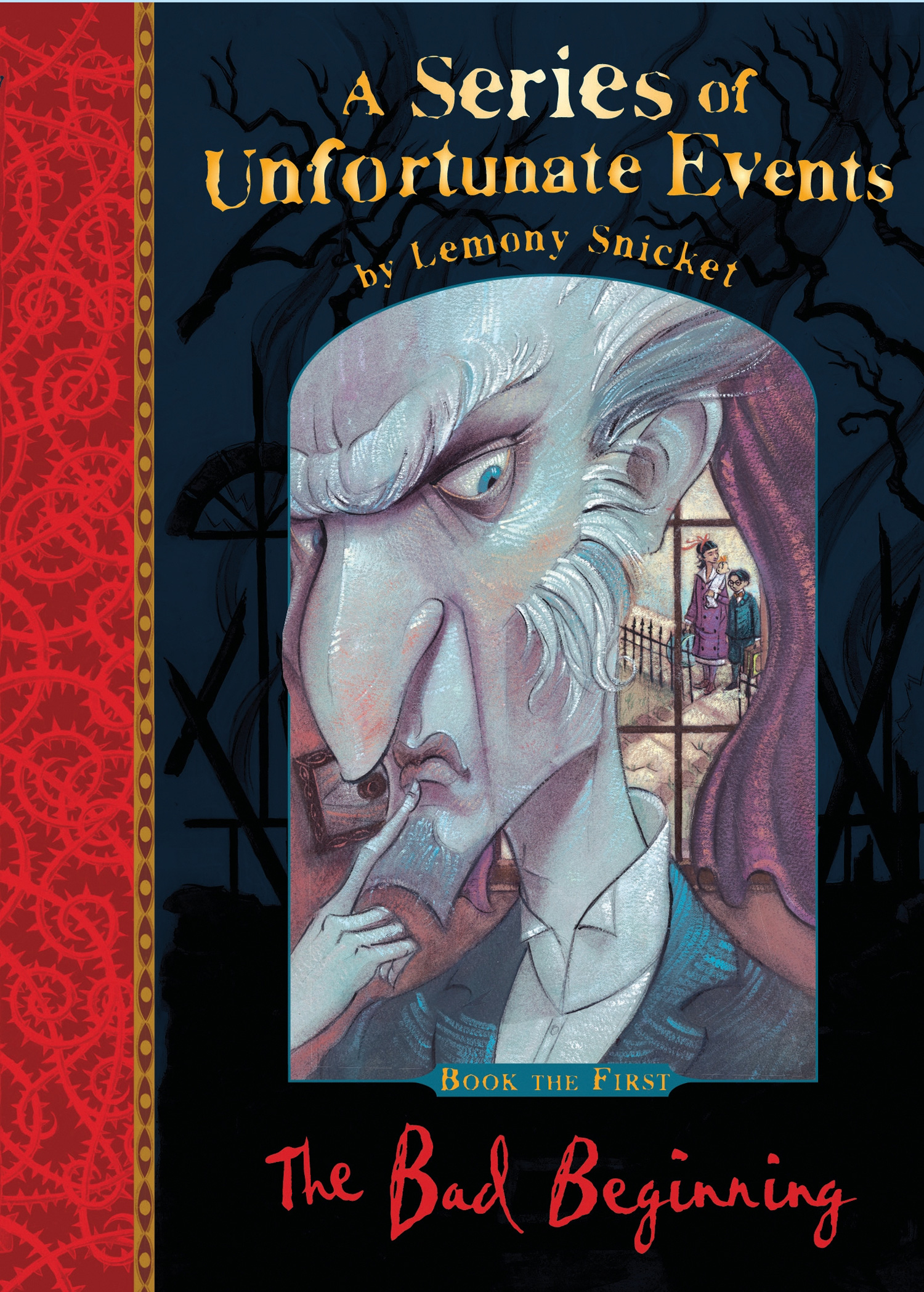 Book 1: The Bad Beginning
Book 1: The Bad Beginning
Lemony Snicket is not just a pseudonym, but a character in the darkly funny A Series of Unfortunate Events. Author Daniel Handler writes as Lemony Snicket, a hapless writer who documents the misfortunes of the Baudelaire orphans – Violet, Klaus and Sunny – after their parents die in a house fire. Throughout the 13-part series, the children try to foil their evil guardian Count Olaf – who wants to steal their inheritance – while unravelling the mystery surrounding their parents’ death. The absurdist gothic grimness of these stories makes them popular with kids and adults alike, and reflect Daniel Handler’s love of Roald Dahl and Edward Gorey.
The Bride Stripped Bare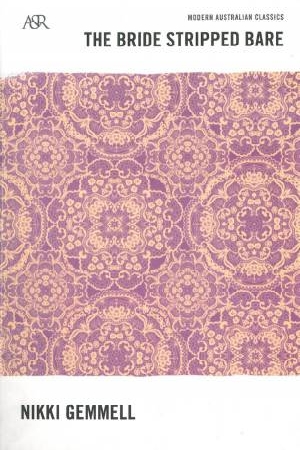 by Anonymous (aka Nikki Gemmell)
by Anonymous (aka Nikki Gemmell)
Years before 50 Shades of Grey, there was The Bride Stripped Bare. The Bride Stripped Bare was published anonymously, and purported to be a diary documenting the secret sex-life of a seemingly-contented young wife. Praised for its subversive role-reversals and uncompromising portrayal of female sexuality, it became a publishing sensation, bringing respectability and literary kudos to erotic fiction. The anonymous author was quickly outed as established-author Nikki Gemmell, who said anonymity during the writing process was liberating, enabling her to tell a much franker, more honest story.
Unfinished Portrait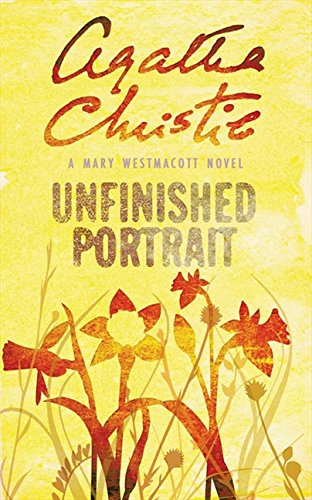 by Mary Westmacott (aka Agatha Christie)
by Mary Westmacott (aka Agatha Christie)
Agatha Christie, Queen of Crime, also used a pseudonym to escape her established reputation. Over a period of 30 years, she wrote six “psychological romances” under the name of Mary Westmacott. These bitter-sweet stories explored love and relationships in all of their destructive, obsessive glory. Unfinished Portrait is the story of Celia, a young writer in the midst of divorce and contemplating suicide. She meets Larraby, a successful painter, who manages to dissuade her, and discovers her life story in the process. Unfinished Portrait is semi-autobiographical and offers fascinating glimpses into the otherwise very private life of Agatha Christie.
They’re a Weird Mob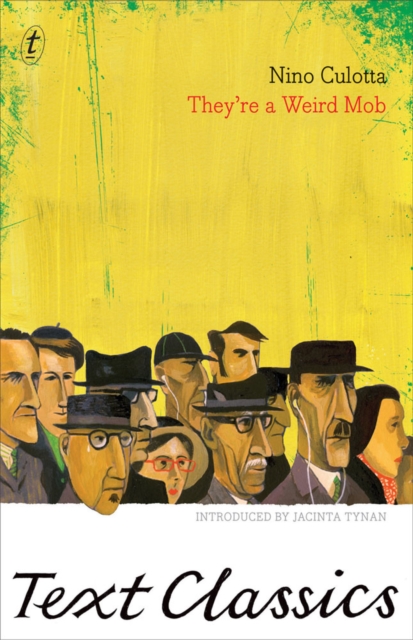 by Nino Culotta (aka John O’Grady)
by Nino Culotta (aka John O’Grady)
A somewhat-forgotten classic now reissued with a great cover. Written and set in the ‘50s, They’re a Weird Mob documents the (mis)adventures of Nino Culotta, an Italian journalist recently arrived in Australia. Nino is on assignment, to learn and describe the Australian lifestyle to readers back home. Knowing only proper English (from textbooks), Nino is bewildered by Aussie slang and customs, resulting in many hilarious encounters. They’re a Weird Mob has been hugely successful, with readers loving the way it pokes affectionate fun at Australian society. It may not be politically correct by modern standards (Nino Culotta is really John O’Grady, who is Irish) but it perfectly captures the beginnings of multicultural Australia.